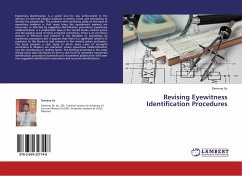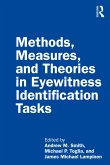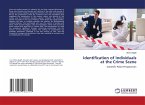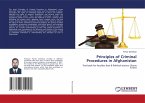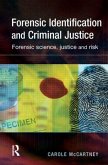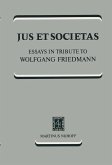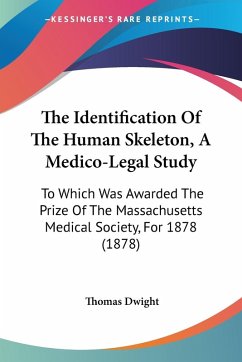Eyewitness identification is a useful tool for law enforcement in the absence of concrete physical evidence in solving crimes and attempting to identify the perpetrator. The problem with convicting solely on the basis of eyewitness evidence is that many times the eyewitness's memory are inaccurate or effected by suggestive identification procedures. Eyewitness misidentification is a problematic issue in the United States criminal justice and the leading cause of many wrongful convictions. There is an enormous amount of literature and research in the discipline of psychology on eyewitness procedures but it appears that there is a significant amount of resistance to this literature and research in the criminal justice profession. This book presents a case study in which seven cases of wrongful convictions in Missouri are examined, where eyewitness misidentification was the contributing or leading factor. The findings presented in this study should cause state lawmakers to form a task force to reexamine eyewitness identification procedures statewide and recommend policies that will foster non-suggestive identification procedures and accurate identifications.
Bitte wählen Sie Ihr Anliegen aus.
Rechnungen
Retourenschein anfordern
Bestellstatus
Storno

